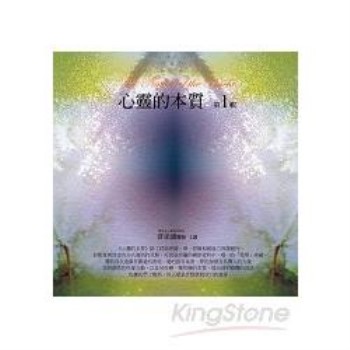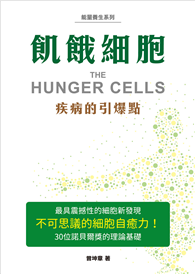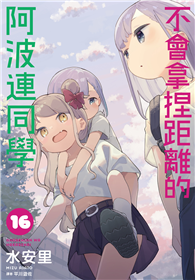Andean communities occupy a special place in the history of anthropology, having given shape to fundamental theories of kinship, peasant economics, Indigenous medical systems, ritual life and others. Yet children have been shortchanged in research and theory building. Care and Agency, based on detailed ethnographies of six towns in the province of Yauyos, restores children to a central research position. Contemporary children’s studies emphasize children’s agency and autonomy, and these take surprising forms under the conditions of the rural Andes. At the same time, the book incorporates and extends current discussions of caregiving and its organization in human societies. Children in the Andes are involved in the care of each other, of adults, of animals, of the environment. The activities, sociality, and subjective states of children of different ages, genders, and social strata are variable in ways that make it impossible to speak of a single Andean childhood. The future they face is also uncertain, as the Peruvian nation stumbles through cycles of incompetent government whose common thread is the neglect of small-scale family farming and the welfare of rural populations. This book is a fascinating look at Andean childhood for anyone interested in the lives of children.
| FindBook |
有 1 項符合
Care and Agency: The Andean Community Through the Eyes of Children的圖書 |
 |
Care and Agency: The Andean Community Through the Eyes of Children 作者:Anderson 出版社:Rutgers University Press 出版日期:2024-10-11 語言:英文 規格:平裝 / 194頁 / 23.5 x 15.57 cm / 普通級/ 初版 |
| 圖書館借閱 |
| 國家圖書館 | 全國圖書書目資訊網 | 國立公共資訊圖書館 | 電子書服務平台 | MetaCat 跨館整合查詢 |
| 臺北市立圖書館 | 新北市立圖書館 | 基隆市公共圖書館 | 桃園市立圖書館 | 新竹縣公共圖書館 |
| 苗栗縣立圖書館 | 臺中市立圖書館 | 彰化縣公共圖書館 | 南投縣文化局 | 雲林縣公共圖書館 |
| 嘉義縣圖書館 | 臺南市立圖書館 | 高雄市立圖書館 | 屏東縣公共圖書館 | 宜蘭縣公共圖書館 |
| 花蓮縣文化局 | 臺東縣文化處 |
|
|
圖書介紹 - 資料來源:博客來 評分:
圖書名稱:Care and Agency: The Andean Community Through the Eyes of Children
內容簡介
作者簡介
JEANINE ANDERSON is a professor emerita of anthropology at the Pontifical Catholic University of Peru. She is the author of a wide number of Spanish-language books, including Las Infancias Diversas: Estudio Fenomenológico de la Niñez de Cero a Tres Años en Cuatro Pueblos Indígenas de la Amazonía Peruana.
JESSACA B. LEINAWEAVER is a professor of anthropology at Brown University, Rhode Island. She is the author of The Circulation of Children: Kinship, Adoption, and Morality in Andean Peru and Adoptive Migration: Raising Latinos in Spain.
|











